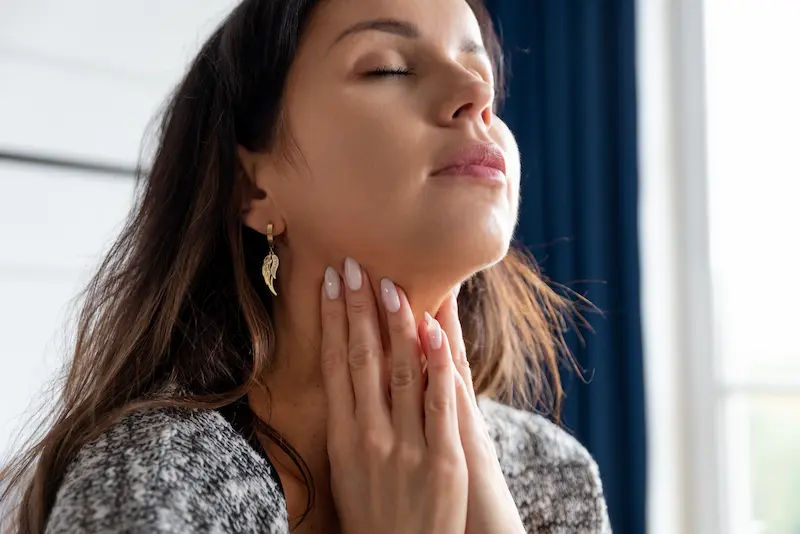- female
- 50 Years
- 31/03/2021
Can I take insulin 2 hours after eating?
Answered by 1 Apollo Doctors
For prevention of insulin induced hypoglycemia it should be given after meal or breakfast.
Dr. Chandra Suggests...
Consult a Endocrinologist
Answered 04/07/2025
0
0

Ask Apollo
AI powered Health Chatbot
-
Timing of Insulin (NA):
- Insulin (NA) likely refers to NPH insulin, an intermediate-acting insulin.
- Typically, it should be taken about 30 minutes before a meal, not 2 hours after.
-
Consultation:
- Always consult your healthcare provider for personalized advice.
- Adjustments in timing or dosage should be made under medical supervision.
-
Safety Precautions:
- Taking insulin too late can lead to poor blood sugar control or hypoglycemia.
- If you experience symptoms like dizziness or confusion, contact your doctor immediately.
Recommendation: Follow your diabetes care team's guidance for safe insulin use.
Answered 20/08/2025
0
0

More Endocrinology Health Queries
View allCan high sugar cause dizziness?
yes may be due to dehydration
Answered by 1 Apollo Doctors
I've been struggling with gynaecomastia for a while now and tried everything from dieting to gym workouts and running, but nothing seems to work. Is there any way to fix this without going through surgery?
it is possible to decrease the breast prominence by a weight-loss and exercise program as a first-line treatment. Frequently, recurrence in patients affected by gynecomastia results from an imbalance between estradiol and testosterone, and such cases can resolve without surgical intervention.
Answered by 1 Apollo Doctors
Am I considered diabetic if my fasting sugar levels range from 105 to 116? Im a bit concerned because my postprandial sugar is always normal. Should I be taking any precautions, and is it possible to manage this without medication?
take medicine
Answered by 1 Apollo Doctors
Disclaimer: Answers on Apollo 247 are not intended to replace your doctor advice. Always seek help of a professional doctor in case of an medical emergency or ailment.

 How does insulin timing affect blood sugar?
How does insulin timing affect blood sugar? 
